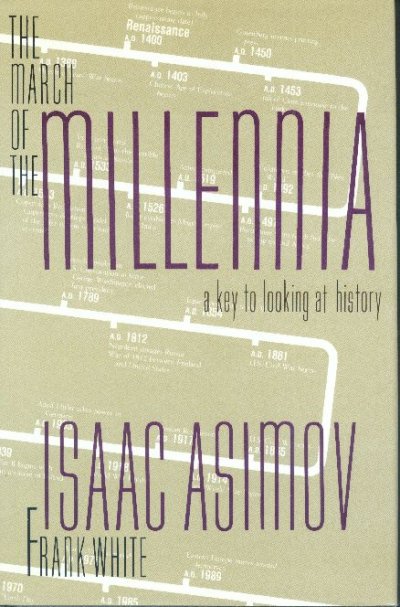fidler4
Recycles dryer sheets
- Joined
- Mar 31, 2013
- Messages
- 252
The American Empire | CalThomas.com
Portion of the editorial:
The late British diplomat Sir John Glubb wrote a book called “The Fate of Empires and Search For Survival.” Glubb noted the average age of empires since the time of ancient Assyria (859-612 B.C.) is 250 years. Only the Mameluke Empire in Egypt and the Levant (1250-1517) made it as far as 267 years. America is 238 years old and is exhibiting signs of decline.
All empires begin, writes Glubb, with the age of pioneers, followed by ages of conquest, commerce, affluence, intellect and decadence. America appears to have reached the age of decadence, which Glubb defines as marked by “defensiveness, pessimism, materialism, frivolity, an influx of foreigners, the welfare state, (and) a weakening of religion.”
Sent from my iPad using Early Retirement Forum
Portion of the editorial:
The late British diplomat Sir John Glubb wrote a book called “The Fate of Empires and Search For Survival.” Glubb noted the average age of empires since the time of ancient Assyria (859-612 B.C.) is 250 years. Only the Mameluke Empire in Egypt and the Levant (1250-1517) made it as far as 267 years. America is 238 years old and is exhibiting signs of decline.
All empires begin, writes Glubb, with the age of pioneers, followed by ages of conquest, commerce, affluence, intellect and decadence. America appears to have reached the age of decadence, which Glubb defines as marked by “defensiveness, pessimism, materialism, frivolity, an influx of foreigners, the welfare state, (and) a weakening of religion.”
Sent from my iPad using Early Retirement Forum

